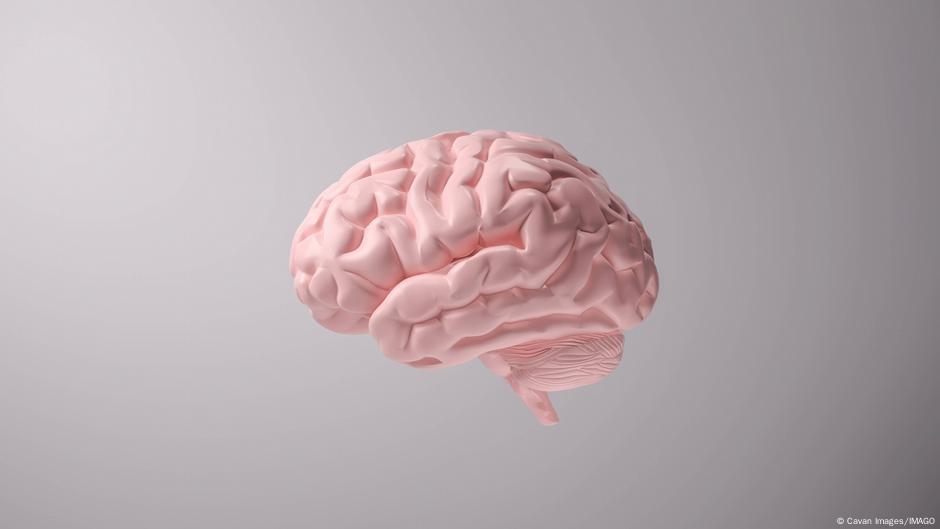A collection of articles in the scientific journal Neuron discusses the progress made towards understanding how aging affects the brain, however, many uncertainties still persist.

have a more leisurely pace.
But it is unclear whether this decline is the result of aging or if it is predetermined genetically.
Alzheimer's disease progress can be slowed by certain treatments.
Research has determined that numerous physical and biological factors are the root cause of brain degeneration, which can eventually lead to a decline in cognitive abilities over a prolonged period.
As projected, 152 million people will be expected to live with some form of cognitive decline by 2050, underscoring the need to address these pressing concerns.
What factors contribute to the brain aging process?
"We're gaining insight into the fundamental mechanisms of aging. The key factors have been revealed through recent molecular research," stated Dr. Costantino Iadecola, a neurologist at Weill Cornell Medical College, US, who led a review on how the brain's vascular system is linked to aging.
The primary factors leading to brain aging, as stated in these reviews, encompass physical and biological elements.
As people age, the physical changes affect the brain, causing a decrease in volume and modifications in the shape of the structural folds — the brain literally undergoes a physical shrinkage.
Biological factors contributing to declining cognitive health include DNA damage, as described as "base-level inflammation" across the brain by Iadecola, and the brain's ability to clear waste.
As one reviewer pointed out, with age, the brain's defense mechanisms lose their effectiveness, ultimately leading to a decline in brain health.
A review by neuroscientist David Rubinsztein from Cambridge University, UK, found waste protein clearance to be a key factor driving ageing and age-related cognitive decline.
As people get older, their brain cells become less effective at eliminating toxic waste proteins, which can harm the cells and impair brain function.
One such harmful protein linked to several neurodegenerative diseases, including Alzheimer's, dementia, and others such as CTE, is the tau protein.
"So there are evident connections between protein clearance mechanisms and neurodegenerative diseases. However, we have a lack of knowledge about how they contribute to usual cognitive decline that occurs with aging," the expert explained.
Scientists continue to examine fundamental issues concerning the aging process.
A recent survey discovered that researchers studying aging are unable to reach a consensus on some of the fundamental questions confronting the field: What constitutes aging? What triggers it? At what point does it start?
Highlights from reviews on what scientists still do not understand about the topic.
Diseases such as Alzheimer's disease, or Parkinson's disease, result from defective or diminished brain development.
"We require a clear comprehension of what genuine age-related cognitive decrease genuinely amounts to, unfettered by the presence of illness. Currently, we lack reliable information addressing what constitutes average cognitive decline in the absence of dementia," Rubinsztein explained.
Will it be possible for us to be able to slow down the process of brain aging?
Researchers are now making progress in understanding how to enhance our brain health as we age.
Cognitive decline associated with aging and cognitive decline, these include:
Encouraging exercise and healthy diet I'm happy to help, but it seems there is no text provided. Please provide the text you'd like me to paraphrase. socially isolated or lonely Vision and Hearing Loss TreatmentsScientists like Iadecola also argue that genes play a primary role in determining how our brains age from the moment we are conceived.
“Our lifestyle choices and environment actually have a major impact on how we age. But genetics determines the overall aging process.”
One can exacerbate the aging process through habits such as smoking, but one can only moderately improve it by refraining from such actions.
In essence, a healthy lifestyle won't alter a genetic tendency toward brain aging, but an unhealthy lifestyle can speed up the aging process.
Iadecola is not optimistic that scientists will be able to treat aging as a disease or artificially prolong life.
"Your body's growth pattern is a natural process, and our lifespan is fundamentally defined by our genetic makeup. Unfortunately, many aging-related factors prevent individuals from living beyond approximately 120 years," he said.
I'm ready to help. Please provide the text to be paraphrased.
Sources
There is a disagreement over the fundamental principles of biological aging.
Autophagy, aging, and age-related neurological degeneration.
DNA damage and its connections to neuronal aging and degeneration.
The Pathophysiology of Neurovascular Aging: Advances and Relevance to Cognitive Well-being
Author: Fred Schwaller
